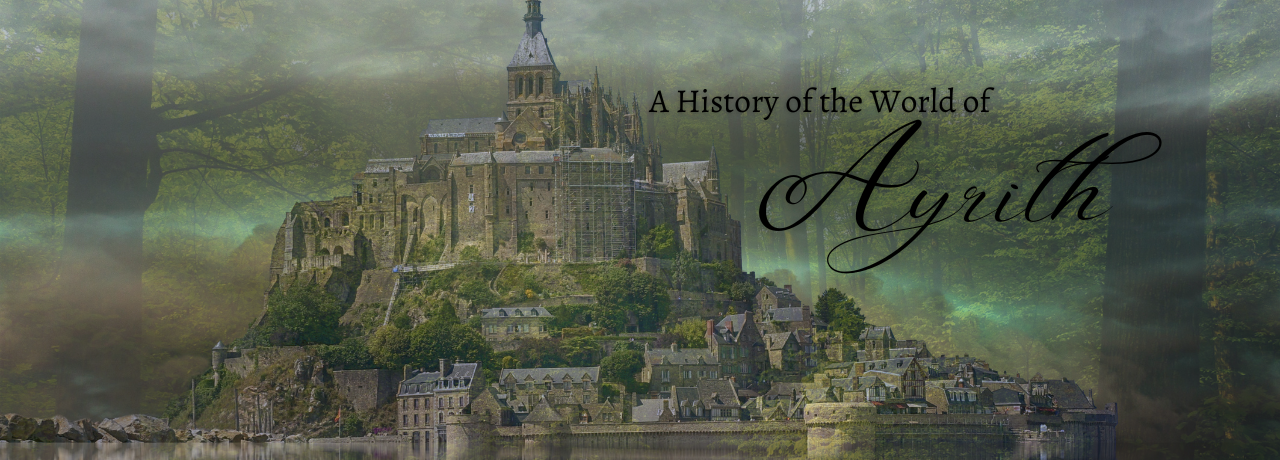Berk
Naming Traditions
Family names
Family names come from a variety of sources, including the profession or accomplishments of an early member of the family. This means that family names can occasionally change if a member of the family chooses to do so based on their personal life events. Thus, some family names last for many generations, and some begin much later, branching from established families. The family governing each region typically has a name derived from the name of the region, to show their status.
Culture
Shared customary codes and values
Regions across Berk have a strong focus on their local economies, which keep the country itself running smoothly.
Art & Architecture
Music is popular throughout Berk. Workers often sing or create music to improve their workdays, and it gives many something to occupy themselves with during long winter months. New musical instruments and styles are often being created.
Common Customs, traditions and rituals
Which gods are celebrated throughout the year directly ties to what a region's main economy is. Farming regions often celebrate harvests in the fall and have fertility festivals in the spring.
Birth & Baptismal Rites
In most regions, once a baby has survived its first winter, a formal celebration is held in which the child is officially named. This annual celebration continues throughout adulthood, with each family celebrating each member's survival in the spring, making the spring season a time of celebration across Berk.
Coming of Age Rites
A girl is considered a woman after her first menstrual cycle, meaning she is expected to marry within a few years of that time, known sometimes as "first blood." This is recognized with small gifts from female family members. A boy is considered a man when his first facial hair becomes visible, and it is commemorated with small gifts from male family members. If he is the firstborn son, he is then expected to report to Khona the following spring to serve his mandated military service. Younger sons are expected to marry within a few years of what is sometimes called "the whiskering," while the oldest son is not expected to marry until shortly after he returns home from his military service.
Funerary and Memorial customs
After death, a person's body is given to the earth and the beasts. If a person dies in summer, their body is buried. In farming communities, this is done near the family fields. In more urban communities, designated community plots are used. In such plots, bodies are often buried on top of others already there, so that the space does not need to be expanded. Occasionally, communities choose to set aside additional plots if the original is simply too full. In winter, when the ground is too difficult to dig, bodies are taken away from the communities and left for predators to consume.
Each spring, before the annual celebration of life for family members that have survived the winter, many hold memorial celebrations for those who did not survive the previous year. These are more solemn and involve a large meal - if remaining food stores allow - and toasts to the dead.
Historical figures
Aidan Seeker, who destroyed the volcano near Inara, creating the Altmyr material.
Ideals
Beauty Ideals
The ideal man is expected to be fit and ready for hard work. The ideal woman is neither too skinny, nor too heavy, having just enough body fat to be viewed as someone who can birth healthy children. Straying too far to either end of the body size spectrum for either gender is considered unhealthy and renders a person less useful to the economy of the region, which usually relies on manpower to be sucessful, and children to grow the population.
Gender Ideals
Though regions may vary in their views, in general the people of Berk only acknowledge the male and female genders. Those who don't conform are not often accepted. Men are expected to do much of the labor-intensive work, especially in regions known for farming, furs, or mining. They are also the only ones permitted to serve in the military. Women are expected to do the less physical production work, especially in regions known for textiles - the work is still often tedious, but any work where physical exertion is not extreme is often considered "women's work." Women are also expected to have children, and to care for them while continuing to work.
Courtship Ideals
Arrangements are often made between families in order to ensure young adults marry in a timely manner, as the economy-driven culture of most regions within Berk otherwise often leads to few opportunities to meet potential partners. The consent of the betrothed is not required, but is encouraged. Marriage typically takes place by the age of twenty, with the betrothed meeting several times beforehand. It is often encouraged for the woman to be pregnant before the wedding, to ensure she is able to bear children.
Relationship Ideals
Once married, a couple is expected to continue doing their duty to the region's economy. They continue to work, and often live in the family home of either spouse's parents. They are expected to get along well enough, but love is an ideal rarely expected. Marriages can only be ended if children are unable to be produced or if there is enough dysfunction that one spouse's family wishes to end the relationship for the wellbeing of their family member.



